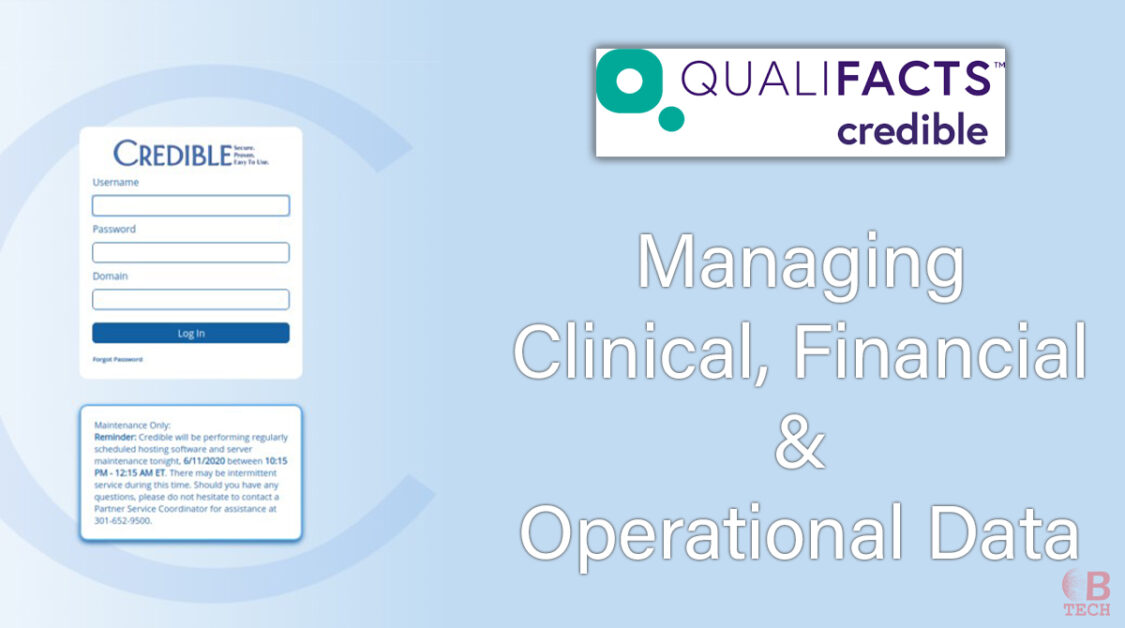Do you own an e-commerce store? Is your customer information safe?
We live in a digital age where online transactions are becoming increasingly widespread. Protecting customer information on your e-commerce store is both a big responsibility and a need. With cyber threats on the rise, safeguarding sensitive data like personal details, payment information and purchase history is not just a legal requirement but also imperative for maintaining trust and credibility among your clientele.
Here are some top tips to boost the security of your e-commerce platform and guarantee the confidentiality of customer information.
Use Strong Encryption Protocols to Help Protect Customer Information
One of the basic steps in protecting customer information is to encrypt data transmissions.
By using strong encryption protocols like Secure Sockets Layer (SSL) or Transport Layer Security (TLS), you can secure the communication between your customers’ browsers and your e-commerce server. This encryption makes certain that sensitive information exchanged during online transactions remains inaccessible to unauthorized parties, greatly reducing the risk of data breaches.
Strengthen Authentication Measures
Improving authentication measures adds an extra layer of security to your e-commerce store.
Use multi-factor authentication (MFA) mechanisms that require customers to verify their identity through multiple steps, such as entering a password, receiving a code via SMS or using biometric authentication.
By making it more difficult for unauthorized users to gain access to customer accounts, you can protect their personal information from being compromised.
Regularly Update Security Software
Keeping your e-commerce platform and associated software up to date is recommended to stay ahead of potential security vulnerabilities.
Make sure that your website’s content management system (CMS), plugins and other software components are regularly patched and updated to address any known security flaws. By installing security updates now, you can lessen the risk of exploitation by cybercriminals who are trying to infiltrate your system and steal customer data.
Enact Data Minimization Practices
Adopting data minimization practices can help reduce the amount of sensitive information stored on your e-commerce platform, thereby limiting the potential impact of a data breach.
Only collect the customer information that is absolutely necessary for processing transactions and providing services.
Also, establish data retention policies that specify the duration for which customer data will be stored (after which it is securely deleted or made anonymous to prevent unauthorized access).
Do Regular Security Audits
Regularly auditing your e-commerce store’s security infrastructure is necessary for identifying and addressing potential vulnerabilities.
Conduct complete security assessments – including penetration testing and vulnerability scanning – to identify any weaknesses in your system’s defenses. In addition, use intrusion detection systems (IDS) and intrusion prevention systems (IPS) to monitor for suspicious activities and prevent unauthorized access to customer information.
Educate Employees on Security Best Practices
Your employees play a big part in maintaining the security of your e-commerce store and protecting customer information. Provide full training on security best practices, including how to recognize and respond to phishing attempts, secure password management and the importance of data confidentiality.
By creating a culture of security awareness among your staff, you can greatly reduce the risk of internal security breaches and ensure that customer information remains secure.
Secure Payment Processing Systems
Securing your payment processing systems is a priority in protecting customer payment information from being compromised.
Use reputable payment gateways that comply with industry-standard security protocols like Payment Card Industry Data Security Standard (PCI DSS). Also consider using tokenization and encryption techniques to safeguard sensitive payment data even further during transmission and storage.
Maintain Strict Access Controls
Putting strict access controls in place helps prevent unauthorized people from gaining access to sensitive customer information.
Limit access to customer data to only those employees who absolutely need it to perform their job responsibilities, regularly review and update user permissions. What’s more, impose strong password policies and give some thought to using role-based access controls (RBAC) to make sure that each user has the appropriate level of access based on their role within the organization.
Embrace Proactive Monitoring and Incident Response
In addition to preventive measures, proactive monitoring and incident response are much needed components of a strong security strategy for your e-commerce store.
Execute real-time monitoring solutions to detect and respond to security threats quickly. Set up alerts for suspicious activities (like unusual login attempts or unauthorized access to sensitive data) and establish a clear incident response plan outlining the steps to take in the event of a security breach.
By identifying and mitigating security incidents in expedited fashion, you can reduce the impact on customer information and demonstrate your commitment to their privacy and security.
Protect Your Customers!
Protecting customer information on your e-commerce store is not only a legal obligation but also essential for maintaining trust and loyalty among your clientele.
By using strong encryption protocols, strengthening authentication measures, regularly updating security software and adopting data minimization practices, you can greatly reduce the risk of data breaches and safeguard sensitive customer data.
Conducting regular security audits, educating employees on security best practices, securing payment processing systems and maintaining strict access controls are highly recommended steps toward boosting the security of your e-commerce platform.
By prioritizing the protection of customer information, you can improve the overall security of your online store and build long-lasting relationships with your customers based on trust and confidence.



